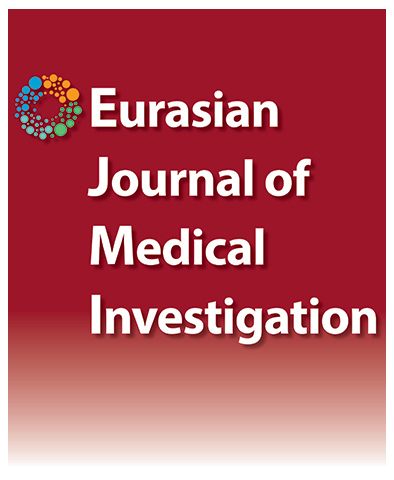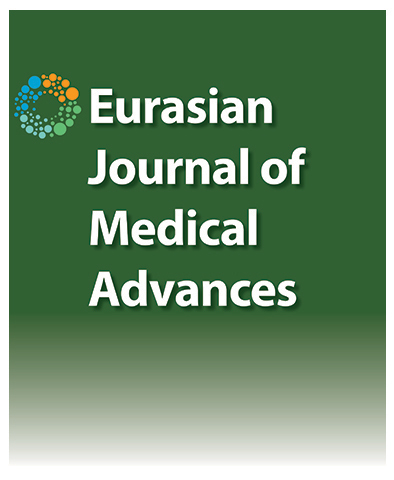Berlin-Frankfurt-Munster (BFM) versus Hyperfractionated Cyclophosphamide, Vincristine, Doxorubicin, Dexamethasone (Hyper-CVAD) chemotherapy regimens in Adult T-Cell ALL and Adolescent and Young Adult (AYA) Patients
Merve Özkan1, Şerife Solmaz2, Ahmet Seyhanlı3, Müjdenur Koç4, Güner Hayri Özsan3, Fatih Demirkan3, Zeynep Yüce5, Oğuz Altungöz5, Inci Alacacıoğlu31Department of Medical Oncology, Izmir Katip Celebi University Faculty of Medicine, Izmir, Turkey2Department of Hematology, Izmir Katip Celebi University Faculty of Medicine, Izmir, Turkey
3Department of Hematology, Dokuz Eylul University Faculty of Medicine, Izmir, Turkey
4Department of Internal Medicine, Izmir Katip Celebi University Faculty of Medicine, Izmir, Turkey
5Department of Medical Biology, Dokuz Eylul University Faculty of Medicine, Izmir, Turkey
Objectives: Recently, in adult ALL patients, to improve prognosis, pediatric ALL protocols have been used in adolescent and young adults and positive results have been reported.
Methods: In this study, we aimed to evaluate retrospectively the demographic features, treatment responses, cytogenetic data and survival analyses of adult T-All cases followed up by the Department of Adult Hematology at Dokuz Eylul University Hospital.
Results: The mean survival time for patients receiving H-CVAD was 46.9 months (±12.9), and median survival time of patients receiving BFM treatment was 71.5 months (±11.4).The median OS of patients receiving BFM was statistically significantly longer than that of Hyper-CVAD (p=0.044).
Conclusion: The use of pediatric intensive chemotherapy regimens in adolescent and young adult (AYA) patients with low incidence and poor prognosis of ALL-type T-ALL, the inclusion of nelarabine in the first line treatment and the selection of new targeted therapies based on new genomic discoveries can increase effectiveness. The use of pediatric intensive chemotherapy regimens is promising for increased survival in adults.
Keywords: T-cell ALL, prognosis, BFM, Hyper-CVAD, AYA, survival
Manuscript Language: English





